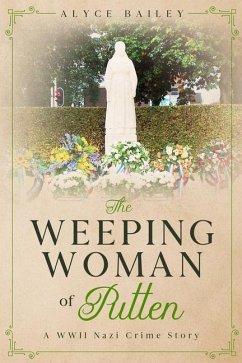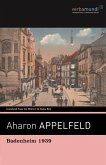For those who don't know her, she's just a white sandstone statue. Dressed in traditional regional clothing, she clutches a handkerchief in her right hand and overlooks six hundred small, perfectly manicured, boxwood hedge squares. To those who do know her, she represents a widow, a mother, a sister, a child, an aunt, or a grandmother in mourning over men who never returned after the war, leaving a gaping hole in their very existence, their community, and their lives. Janneke, a nurse, as well as a resistance courier, takes us chapter by chapter through the unfolding of one of the largest Nazi crimes in the Netherlands toward the end of World War 2, where, in retaliation for an attack on a German motor car by the resistance, the majority of the town's men were transported to Germany to be starved to death in German work camps. Many homes in the village were set ablaze, leaving women and children, not only without their husbands and fathers, but homeless as well. Will learning this story help future generations understand the futility of war and all the pain and suffering it causes?
Hinweis: Dieser Artikel kann nur an eine deutsche Lieferadresse ausgeliefert werden.
Hinweis: Dieser Artikel kann nur an eine deutsche Lieferadresse ausgeliefert werden.








